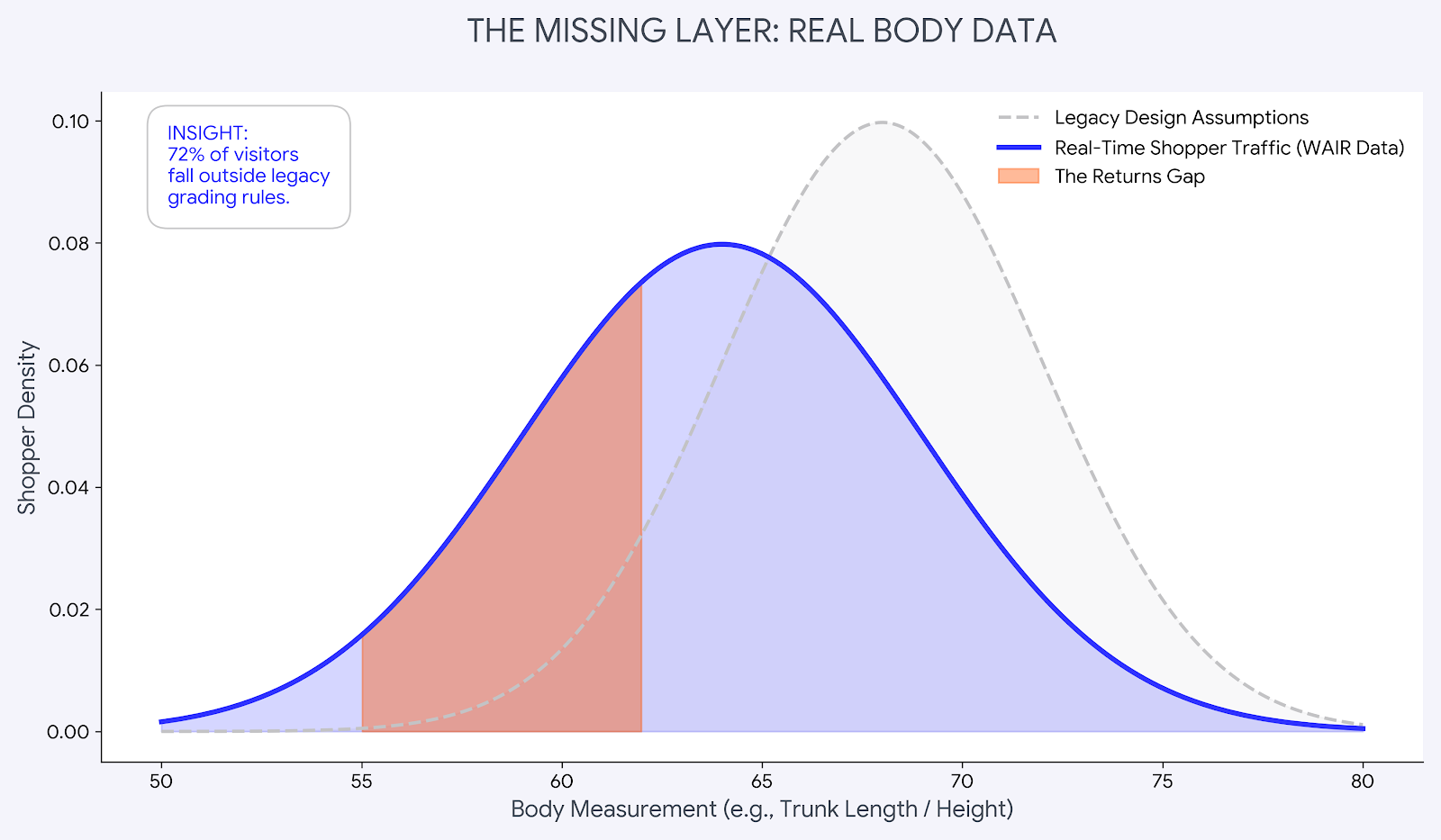
The Impact Of Plugins On Website Performance and SEO Ranking
There are many reasons why millions of brands use platforms like WordPress and Shopify to enter the world of eCommerce, one of them being the vast availability of plugins that can seamlessly improve the overall site experience for prospective shoppers.
With over fifty-five thousand plugins on WordPress and over six thousand on Shopify, brands using these platforms have every advantage when determining what features and functionalities will complement their site experience best.
While these are undoubtedly great benefits, it's not all sunshine and rainbows when it comes to using plugins on one's eCommerce site, especially regarding website performance, site speed, and search engine optimization (SEO). Let's take a deeper look into the double-edged nature of website plugins.
Plugins Are Great, But How Do They Affect One's Website?
The benefits that plugins can offer eCommerce brands are often clear as day, but what about the drawbacks? Let's take a look at how plugins can impact website performance and SEO:

- An overabundance of plugins or using plugins that don't work well together (called a plugin stack) can significantly affect page load times. Plugins with numerous features and functionalities often have the most impact. For example, Yoast, a WordPress plugin that offers a plethora of SEO tools to brands, can increase site load times by 10% on its own. Because Google's algorithms use site loading speed as a critical SEO ranking factor, the impact of a slow loading site goes far beyond inconvenience.
- The aforementioned use of plugins can also lead to regular website crashes during updates, new product uploads, and even when changing out seasonal imagery. This can be a worst-case scenario not only for your team, but also for your shoppers. As an eCommerce brand, your website is your primary point of contact for shoppers, and a non-operational website is the equivalent of a physical store with its shutters down. Every minute your site is down, the potential losses in revenue and shopper loyalty increase exponentially.
- If a shopper is using an adblocker (which around 65 million people do), overreliance on plugins might cause your webpage to become a discombobulated mess of error codes. Certain site elements such as widgets might simply not show up, leaving shoppers stranded in the middle of their journey with blank boxes, loading wheels, and a broken layout, all of which will severely reduce their likelihood of converting.
WAIR's brand partner, NoNetz, is a perfect real-world example of the effects that poorly-optimized plugins can have on one's website performance and SEO ranking. Their team wanted to help shoppers purchase their best-fitting clothing sizes online and installed a modern sizing plugin to achieve this feat. However, the plugin was noticeably unoptimized, resulting in significantly increased page load times, bounce rates, and ultimately, lost opportunities. This led them to search for alternative ways to increase shopper confidence in sizing and into the hands of WAIR, which was designed to function on platforms like Shopify with stackability and minimal impact.
The sizing plugins we've used in the past directly impacted our page load times and, consequentially, our SEO ranking. With WAIR, NoNetz can deliver the personalized sizing experiences our shoppers love while maintaining optimal website performance. - Cathy Paraggio, Founder @ NoNetz.
Before You Swear off Plugins For Good...Not All Of Them Are Created Equal
As you can see, there are undoubtedly risks to using plugins on your brand's eCommerce site. However, not all plugins are created equal, and in many cases, with enough research and attention to detail, brands can confidently install and stack plugins with no fear of negatively impacting web performance or their SEO ranking.

The secret is to take your time in finding, researching, and prioritizing high-quality plugins that meet your brand's specific needs and vet the ones you choose to install with great care. Well-designed plugins that are light on code will keep your site performing well while enabling your brand to reap the functionality benefits.
Let's use WAIR as an example. eCommerce apparel brands have continued to struggle with rising return rates and dissatisfied shoppers due to issues surrounding sizing and fit. This is primarily caused by an over-reliance on outdated and inconsistent size charts. Because WAIR’s product team has spent countless hours ensuring our sizing plugin has been optimized for all eCommerce platforms, we can deliver the sizing solutions brands need at little to no cost to website performance.
As we mentioned in the intro, plugins are a dual-edged sword, and you may have taken away at this point that not all plugins are created equal. If your brand is looking to determine how a specific plugin will affect your site, look to tools such as GTmetrix and Google Pagespeed Insights. Using these tools to test site performance before and after installation can provide quick and meaningful insights into whether adding a plugin directly affected website performance.
Conclusion
Regardless of their potential shortcomings, plugins remain a vital asset and one of the focal point benefits of using platforms like WordPress and Shopify. Plugins can be the key to optimizing one's website flow to keep shoppers happy and engaged, provided they are vetted with great care prior to installation.
Interested in learning more about WAIR? Schedule a demo here and be sure to follow us on Twitter, Instagram , LinkedIn, and Facebook for all your fashion content needs!








